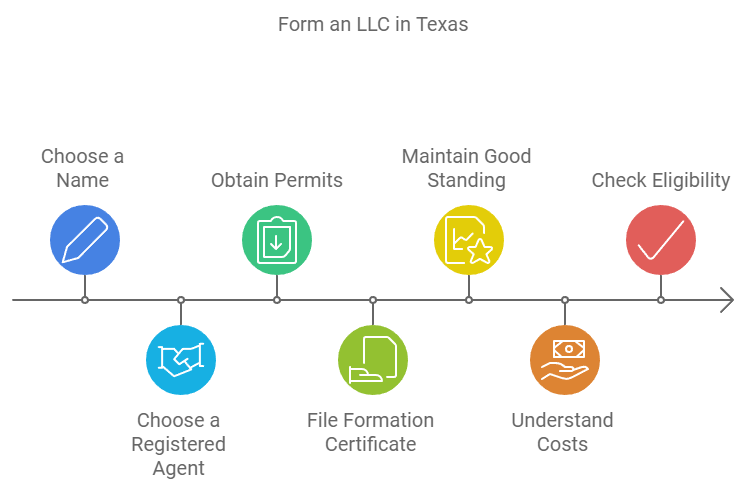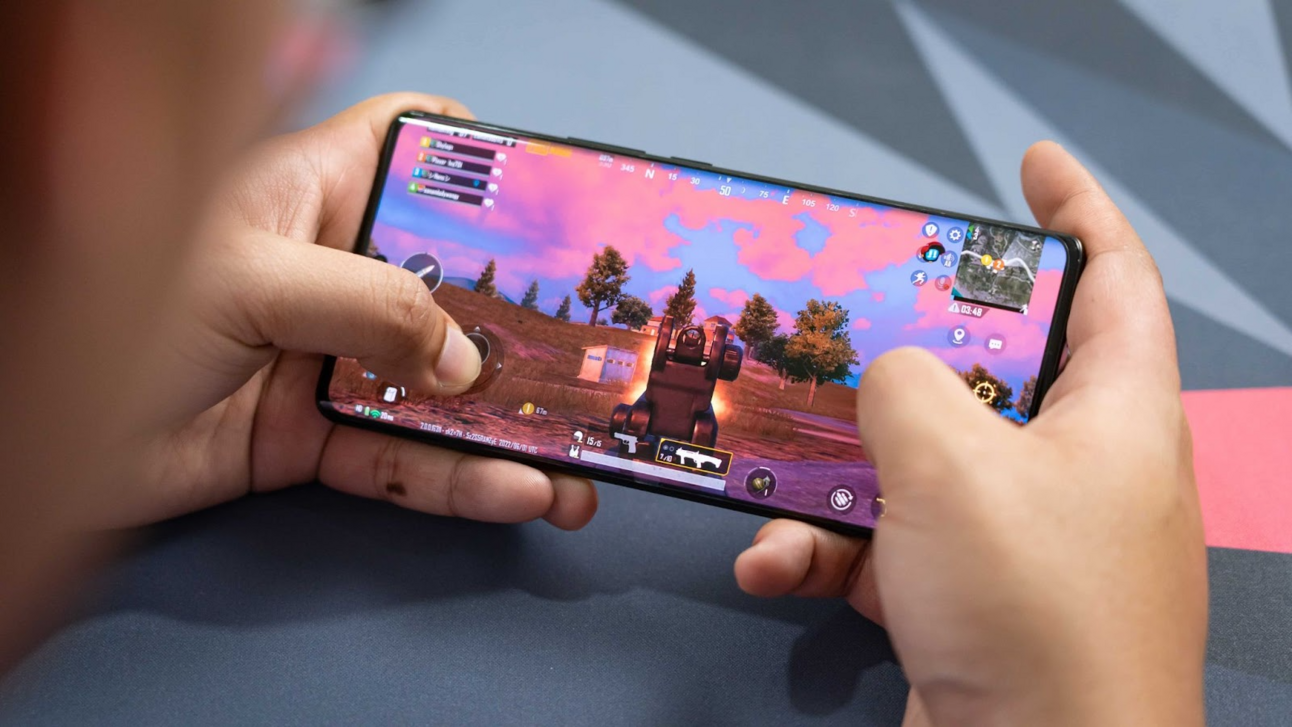Virtual reality (VR) development is transforming how people interact with technology. From gaming and education to healthcare and real estate, VR is revolutionizing industries. The demand for skilled VR developers is rising as more businesses integrate immersive experiences into their operations. If you’re interested in joining this exciting field, this beginner’s guide will walk you through the essentials.
Why Consider a Career in VR Development
A Booming Industry
VR development is one of the fastest-growing fields in technology. According to reports, the global VR market is expected to reach $87 billion by 2030. This growth creates significant opportunities for developers who can craft innovative VR solutions.
The demand for VR developers has increased by 140% in recent years, reflecting the growing adoption of virtual reality across industries.
What is VR Development?
VR development involves creating interactive, immersive 3D environments that users can explore via VR headsets. Developers design these environments to simulate real-world or entirely imaginary scenarios.
Core Responsibilities:
- Designing 3D environments.
- Programming interactivity.
- Testing and optimizing VR experiences for performance.
Steps to Becoming a Virtual Reality Developer
1. Learn the Basics of Programming
Programming is the backbone of VR development. Begin with these languages:
- C#: Used with Unity, a popular VR engine.
- C++: Essential for Unreal Engine.
- JavaScript: Useful for web-based VR applications.
2. Master VR Tools and Platforms
Familiarity with industry-standard tools is crucial. Popular choices include:
- Unity: Known for versatility and ease of use.
- Unreal Engine: Offers high-quality graphics.
- Blender: For creating 3D models and assets.
- VR SDKs: Such as Oculus SDK, SteamVR, and Google VR.
3. Build Your Skill Set
To succeed in VR development, you’ll need:
- 3D modeling expertise using tools like Maya or Blender.
- Problem-solving abilities to debug and optimize.
- UX design knowledge to create user-friendly interfaces.
4. Take Online Courses
Online platforms like Coursera, Udemy, and edX offer affordable VR development courses tailored for beginners.
5. Work on Small Projects
Start with basic projects like:
- A simple VR room where users can interact with objects.
- A mini VR game that includes navigation and interactivity.
Career Opportunities in VR Development
1. Gaming
VR is revolutionizing gaming with immersive worlds and experiences. Companies like Meta and Valve are investing heavily in VR games.
2. Education
Interactive VR simulations make learning more engaging. Developers are building virtual classrooms and historical reconstructions.
3. Healthcare
VR is being used for therapy, surgery training, and pain management. Developers create applications to improve patient care.
4. Real Estate
Virtual property tours are enhancing how buyers explore homes remotely.
Challenges in VR Development
High Learning Curve
VR development requires a mix of programming, design, and problem-solving skills. Learning everything takes time.
Hardware Compatibility
Developers must optimize applications for different devices and platforms.
Rapid Technological Advancements
VR technology evolves quickly, so staying updated is essential.
Tips for Aspiring VR Developers
- Stay Updated: Follow industry news and emerging trends.
- Build a Portfolio: Showcase your VR projects to attract employers.
- Join Communities: Participate in forums like Reddit’s VR developer group or Unity’s community.
- Seek Feedback: Learn from peers and experienced developers.
- Attend Events: Conferences and hackathons are great for networking.
Conclusion
Becoming a VR developer is an exciting journey that combines creativity with technical expertise. With industries adopting VR at an unprecedented rate, the demand for skilled developers will only increase. By mastering programming, learning VR tools, and building a strong portfolio, you can carve out a successful career in this transformative field. Stay curious, practice consistently, and embrace the challenges of VR development to unlock a future full of immersive possibilities.










